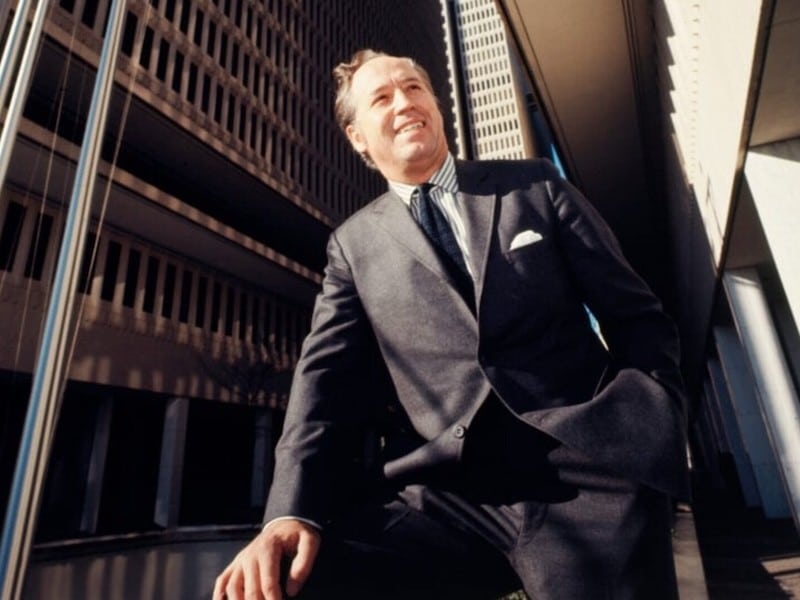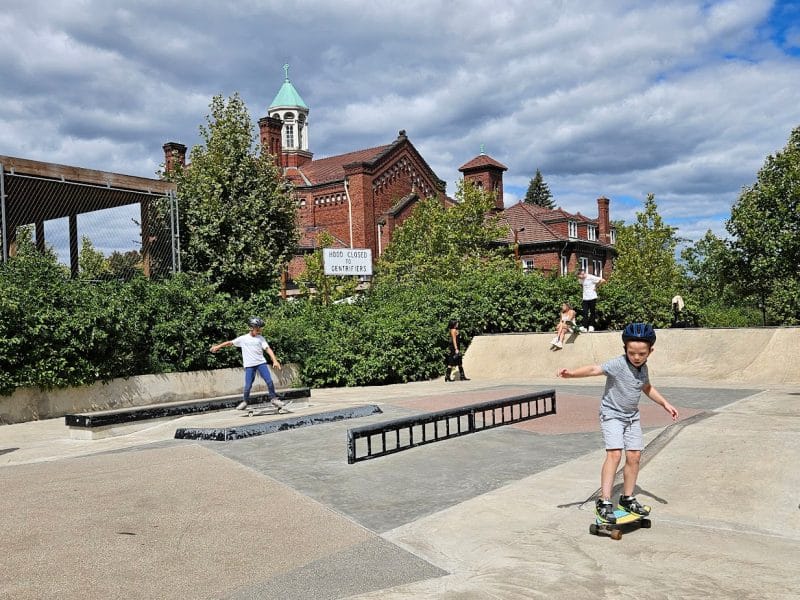Banking on Southwest’s Spirit
Detroit’s first
minority-focused, state chartered bank in more than 30 years is getting ready to open in Southwest Detroit with the hope to help build up the community around it.
Frederick Feliciano’s family restaurant, El Comal, is typical of the
small businesses that comprise the economic engine of bustling
Southwest Detroit.
So he knows that restaurants and other small businesses go through lean periods. It’s not uncommon for them to seek a small loan to get through, says Feliciano, who is also president of the
Detroit-based Hispanic Business Alliance.
“The majority of
our businesses are small businesses,” Feliciano says. “They’re looking
for a creative financial partner to address their needs.”
While some major local institutions do well working on neighborhood levels with small companies, not all big banks are capable of or have an interest in handling small business needs. Community banks can help fill in that gap, says Donald Snider, owner of Paper Plas,
a Detroit company that provides recycled paper for manufacturing uses.
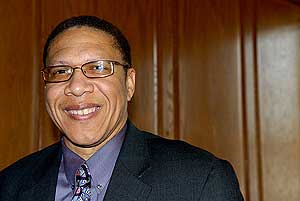 Snider has known the difficulty of acquiring capital to finance his business
Snider has known the difficulty of acquiring capital to finance his business
ventures, but never thought about starting a bank until a colleague
suggested it.
“I went to
the Hispanic community and said, ‘I’m thinking about starting a bank,
what is your need?’ ” They told him they needed micro loans, sums between $25,000 and $50,000; but many banks only wanted to offer big loans,
from $500,000 to $1 million.
Snider sensed an opportunity and decided to form a
community bank in Southwest Detroit.
First Spirit Bank will be dedicated not only to providing small business loans,
but to educating the community to become better money managers. The bank, which has been approved by the Federal Deposit Insurance
Corporation, is scheduled to open this summer in Southwest Detroit, at 3633 Michigan Ave., near West Grand Boulevard.
It will be Detroit’s first
minority-focused state chartered bank in more than 30 years. The bank
will be managed by minority staff and will be bilingual. Snider expects
that First Spirit Bank will issue about $6 million in loans of $25,000
to $50,000 during its first year of operation.
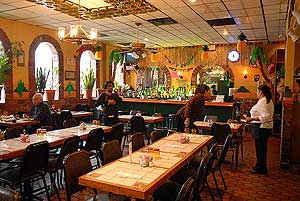 “A
“A
community bank is a little leaner, a little more aggressive in
addressing the needs of small businesses because they’re in a similar
boat (as a small business),” says Feliciano, who has been appointed to
First Spirit Bank’s board of directors. “The Hispanic consumer is very
loyal to a product or a service. If we can come up with creative ways
to develop micro loans so businesses can sustain themselves in periods
of struggle, that, in turn, makes them a loyal client … . It may be a small loan, but they’ll come back for a car loan, a
conventional mortgage and other financial needs. From that standpoint,
I think there is tremendous opportunity.”
Feliciano says that
opportunity extends to penetrating the African-American and the Arab-American communities, where “there is some of the same demographic,
cultural, economic, and consumer ethnic markets.”
There are
community banks in metropolitan Detroit, but none serving Southwest
Detroit. Feliciano finds that ironic, given the fact that the
area shows some of the strongest evidence of Detroit’s residential and economic
revival. “In the midst of all the doom and gloom that you hear, whether
it’s from prognosis, speculation, or financial realities, there is a
story of opportunity and growth in the city focused around this diverse
population,” he says.
“The city has lost significant demographic
representation in the last couple censuses, but the one area where
they’ve seen substantial growth is in Southwest Detroit.”
Helping to create opportunities
Snider, born in Detroit, but raised
and educated in other cities, returned to the city shortly after the
1967 riot. He found that the city’s racial polarization made it that
much more difficult for him to start a business here. He realized early
on that “folks in Grosse Pointe have the money and we need to have
access to those relationships to participate in the positive stuff
that’s going on (in business). Finally, step by step, I got to the
relationships that I needed.”
Detroit’s minority business community needs to have better access to capital and know how to use it so they are not left behind, he says. “You need a
good (fiscal) foundation,” Snider says. “A lot of our companies don’t
have a good foundation of how to manage their money.”
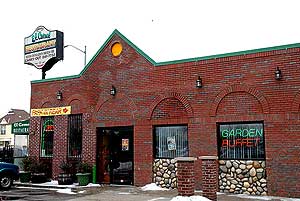 One of the core
One of the core
objectives of First Spirit Bank will be providing financial education
in the community. Snider is already doing that for civic and church
groups. Young people who don’t learn about money management or how to
maintain good credit are put at a disadvantage when shopping
for loans to start a business. “They’re coming out with the wrong
habits,” he says. “That’s why I travel around the country giving
speeches about building wealth. I tie it into biblical terms; I tie it
into everyday stuff on what you need to be a success.”
Backbone of progress
While
its mission is to become a community lending partner for businesses and
individuals, First Spirit Bank will also support community development. Its presence in the community will also be an asset. “You need to stimulate certain pockets of Detroit
to get it going. When you put a bank in a community, it stimulates
interest in that community. You may get other retail business that want
to move next to you.”
Snider and Feliciano each see good
business opportunities in cultivating a population of entrepreneurs and
homeowners in Detroit’s minority communities through First Spirit
Bank. Without becoming too idealistic, Snider recognizes the symbolism
in his bank’s name. “We want to tap into the spirit of Detroit, the
spirit of the individual, the spirit of the loan,” he says.
Feliciano
views this symbolism as something that can be applied to everyday life,
as a reminder that the economic engine is still running: “When you talk
about the city of Detroit and the image of the Spirit of Detroit as a
symbol of Detroit overcoming obstacles, and being the backbone of
progress in this country,” he says, “and when we talk about First
Spirit Bank of Detroit, it embodies what Detroit has meant in the
industrialization of America, and how that spirit is still alive.”
Dennis Archambault is a Detroit-based freelance writer.
Photos:
Site of the First Spirit Bank
Don Snider
El Comal
El Comal
All Photographs Copyright Dave Krieger
